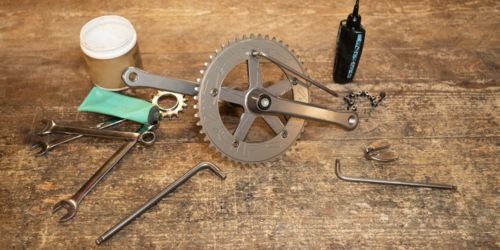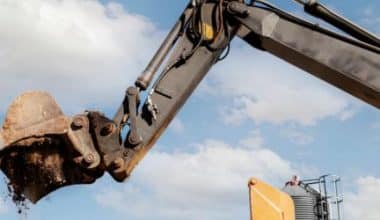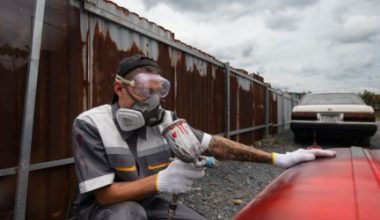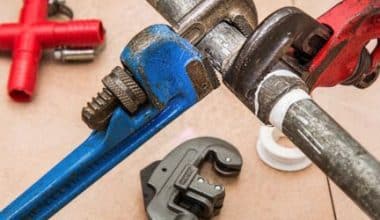Engine repair is a meticulous task that requires precision, expertise, and the right set of tools and materials. Whether you’re a professional mechanic or a DIY enthusiast looking to tackle engine maintenance or repairs, having the proper items on hand is important for a successful outcome.
Comprehensive Tool Set
A comprehensive tool set is foundational for any engine repair work. This set should include a variety of wrenches (open, box-end and socket wrenches), screwdrivers, pliers and ratchets. Specialty tools like torque wrenches are necessary for applying specific torque to bolts and nuts, ensuring each component is securely fastened without being over-tightened.
Engine Hoist
For significant engine repairs or complete overhauls, an engine hoist is indispensable. It allows for the safe removal and installation of the engine. Select a hoist with a capacity that exceeds the weight of your engine to ensure safety and stability during the operation.
Diagnostic Equipment
Modern engines are complex systems that often require sophisticated diagnostic tools to troubleshoot issues accurately. A high-quality OBD-II scanner is essential for reading codes from the vehicle’s onboard diagnostics system. This tool can provide valuable insights into the engine’s condition and help pinpoint specific problems without guesswork.
Anti-Seize Compounds
Anti-seize compounds play a pivotal role in engine maintenance and repair. These compounds are designed to prevent seizing, galling and corrosion between metal parts that are exposed to high temperatures, pressure, or corrosive environments.
When applied to bolt threads and other mating surfaces, anti-seize ensures that these components can be disassembled easily in the future, saving time and preventing damage during maintenance or repairs. Given the extreme conditions within an engine, using an appropriate anti-seize compound can significantly extend the life of various components and make future repairs more straightforward.
Gasket Material and Sealants
Gaskets and sealants are crucial for preventing leaks and ensuring proper sealing between engine components. You’ll need a range of gasket materials and sealants suitable for different parts of the engine, such as the head gasket, oil pan, and intake manifold. High-quality, heat-resistant sealants are particularly important for areas exposed to high temperatures. In some cases, you may opt to cut custom gaskets from sheet material, so having a selection of gasket material on hand is beneficial.
Lubricants and Coolants
Proper lubrication and cooling are important for engine performance and longevity. Having a supply of the correct type of engine oil, coolant, and brake fluid is essential. Additionally, specialized lubricants, such as assembly lube, can protect engine components during the reassembly process and ensure they are adequately lubricated on initial startup.
Safety Equipment
Safety should never be overlooked. Personal protective equipment, such as gloves, safety glasses, and hearing protection, should be used as necessary. Also, keep a fire extinguisher and first aid kit readily accessible in case of emergencies.
By ensuring you have all the necessary items on hand, you can tackle engine repairs with confidence, knowing that you’re prepared to address a wide range of issues. Remember, investing in quality tools and materials not only makes the repair process smoother but also contributes to the longevity and reliability of the engine.






